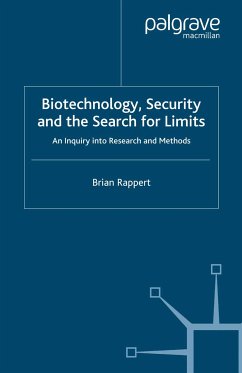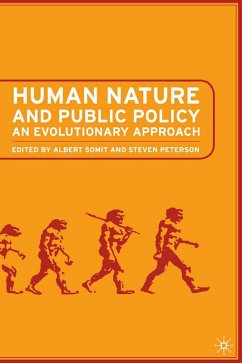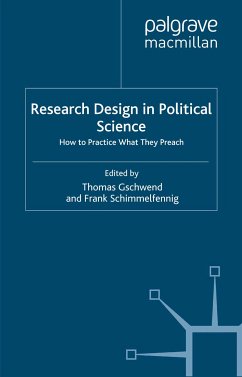
Biotechnology, Security and the Search for Limits (eBook, PDF)
An Inquiry into Research and Methods
Versandkostenfrei!
Sofort per Download lieferbar
40,95 €
inkl. MwSt.
Weitere Ausgaben:

PAYBACK Punkte
20 °P sammeln!
Biotechnology, Security and the Search for Limits examines the post 9/11 security implications for life science research as well as the methodological issues associated with conducting social research. In doing so the book considers the place of biological and social research in creating and responding to societal problems.
Dieser Download kann aus rechtlichen Gründen nur mit Rechnungsadresse in A, B, BG, CY, CZ, D, DK, EW, E, FIN, F, GR, HR, H, IRL, I, LT, L, LR, M, NL, PL, P, R, S, SLO, SK ausgeliefert werden.












